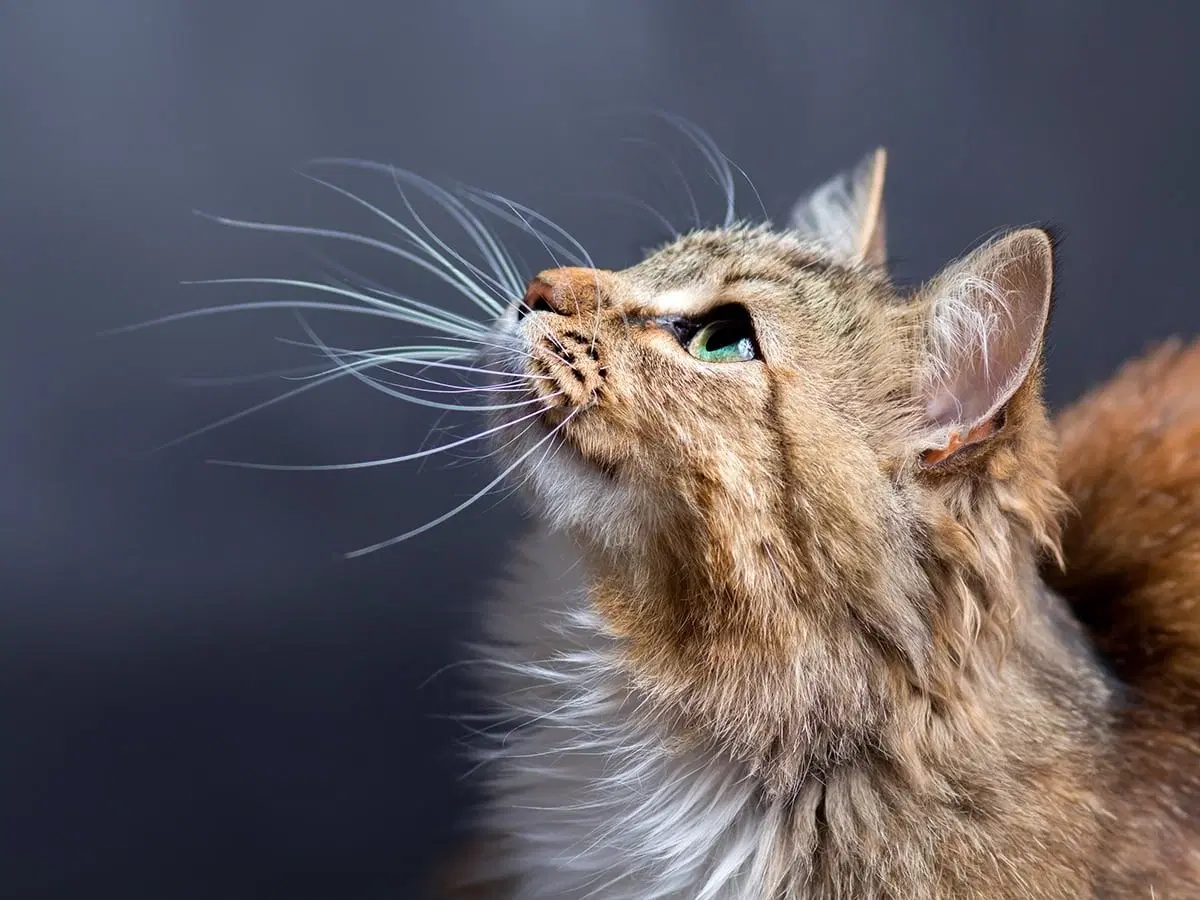Do cats have separation anxiety? You may be thinking that separation anxiety in cats won’t even be a thing. And that cats are not like dogs who need their humans around them all the time so that they can please them. They need their own space and most of the time are just waiting for their humans to go to work. But you may not be completely right. Some cats do experience separation anxiety.
Cats can be very emotional; unlike the common notion that cats are aloof. They feel happy, sad, angry, afraid, and frustrated among many other emotions. They are very much capable of developing a deep connection and a dependency on their owners. This happens especially when they are shown a lot of affection, followed by treats and playtime.
Research has shown that cats also tend to release oxytocin, the same chemical that is released when we fall in love when they see or hear their humans. And similarly, they do feel sad or sometimes anxious when they don’t see or hear from their humans for a long time. Learn more about this topic from Spot Pet Insurance below!
Causes of Separation Anxiety in Cats
Factors that cause separation anxiety in cats are majorly genetics, lifestyle and upbringing. These include –
Change in Routine – One of the most common reasons for anxiety in cats is a change in routine. Moving to a new home, changes in the cat’s parent’s schedule, change in ownership, etc. are the most common reasons contributing to a change in routine and hence anxiety in cats.
Orphaned – Being orphaned at a very young age, and thus bottle-raised or weaned early can also cause cats to experience separation anxiety often.
Indoor living – Cats that live indoors most of the time and have a single adult parent have been seen to have the most cases of separation anxiety.
Gender – Female cats are seen to experience more separation anxiety than their male counterparts.
Single pet – Being the only pet in the house can also become a reason for cats to experience separation-related anxiety.
Breed -Siamese, Burmese, and Tonkinese are the breeds that are identified as being more predisposed to separation anxiety.
Signs of Separation Anxiety in Cats
The way to recognize separation anxiety in cats is to look out for the following symptoms -
Excessive vocalization – Unusual and more than normal meowing, crying or moaning.
Lack of appetite – Not eating food or drinking anything when the owner is away.
Inappropriate urination/defecation – Cats are usually very clean and responsible but if they are experiencing separation anxiety, they may end up urinating or even defecating at random places in the house including the owner’s bed.
Vomiting – It could be puking out food or hairballs.
Destructive behaviors
Excitement – More than normal excitement when the owner comes back home.
Excessive self-grooming – Cats usually do groom themselves quite a lot but while experiencing separation anxiety even that level can go up.
Signs of Kitten Separation Anxiety
Kittens would show similar signs as above if experiencing separation anxiety. Apart from those mentioned above, they may also show signs like clinginess and constantly following the caregiver around to avoid being separated, trying to get petted frequently, lethargy and hiding when the owner is not around, etc.
My Cat Has Separation Anxiety, What Do I Do?
A caring and loving pet parent needs to find solutions for a cat’s separation anxiety problem. Here are some –
Habit forming – Start leaving your cat alone for some time and let it get used to it. If none of the above symptoms are seen, you may increase the time gradually.
No big deal – Try not to make your arrivals and departures a big deal. Once you stop giving your arrivals too much limelight, your cat may not make a fuss about you leaving.
Distract – Arrange for some distractions for your cat while you’re away. Leave out some toys or puzzles. The aim is to keep the cat’s mind and body stimulated.
Less pampering – You can maybe stop giving your cat too much attention every time it asks for it. Directing her to some toys or any other activity can help reduce her dependence on you.
Family time – Your family members can spend time with the cat while you’re away. Dividing the responsibilities like one person feeding while the other grooming would help. This way your cat may feel less dependent on you for all its needs.
Diffusers – You can use pheromone diffusers that can help calm the cat down.
Music – Soft and calm music or even white noise can help calm a cat down in times of anxiety.
Consult a vet – If you do notice signs of separation anxiety repeatedly, it is recommended that you consult your vet. There are behavior specialists for cats that can help them overcome this anxiety.
These are some home remedies that you can use to prevent and cure separation anxiety for your cat. However, if the occurrence of any of the above symptoms prolongs then you might want to visit a vet.
What to NOT do if a cat has separation anxiety?
Do not get another pet for your cat’s company while you’re away. The separation anxiety is caused by you being away and not by the lack of company. It may be counterproductive as it may disrupt the cat’s environment. It may add to the stress that your cat is already facing.
Do not punish your cat for behaving inappropriately. Separation anxiety is a medical condition, and the bad behavior is a result of it and not out of spite. Any type of punishment, yelling or confining may worsen the situation.
FAQs
Is getting another cat the best way to deal with separation anxiety?
Getting another cat purely to deal with your cat’s separation anxiety issue may not be the best idea. The anxiety your cat feels when you’re away may be increased by the presence of another cat. Some cats also tend to be territorial.
When should I talk to a vet about my cat's separation anxiety?
When you start seeing severe and frequent signs like vomiting, diarrhea, destructive behaviors, etc., it’s time to see the vet. These could also be signs of an underlying medical condition and hence making it very important to seek medical guidance at the earliest.

With 10 years of experience as a pet parent, I aim to empower pet owners with insights into pet insurance and maintaining their pet's well-being. I aspire to be a trusted source, combining knowledge with a commitment to the welfare of our beloved pets.













